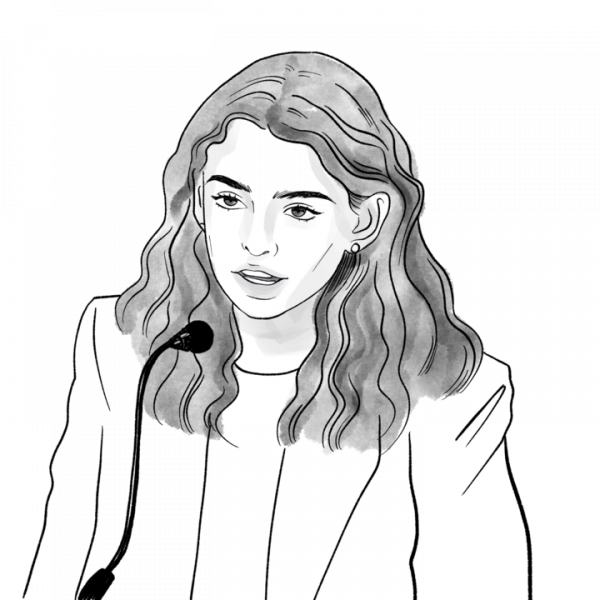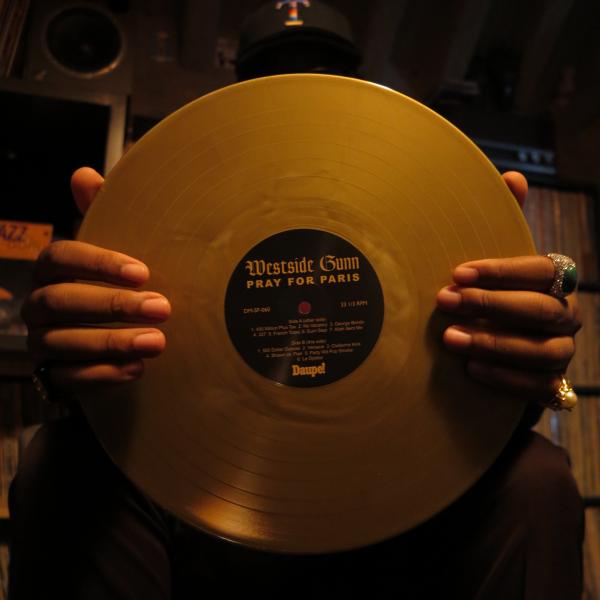This past summer in Chicago, the Humanities Without Walls (HWW) workshop hosted 30 PhD candidates in the humanities from across the U.S. for an immersive learning experience on employment opportunities inside and/or outside academia. This workshop follows several such initiatives that center on reconceptualizing the humanities PhD and reimagining what a “successful” career looks like to include what is often called “alt-ac,” or alternative academic work.
The theme of this year’s cohort was “The Work of the Humanities in a Changing Climate.” Given the growth of the gig economy and freelancing, of hybrid academic positions, of swaths of jobs being lost to automation, of the predominance of digitized cultural forms, of continued unequal resource distribution — our guiding focus was both on how we might reimagine what it is we do in the humanities and how it is we can keep doing it, as well as how these new forms of work are being systemically pressed upon us.
Reconnecting with our humanities work.
Much of what initially united the 30 of us were shared concerns in the life of a graduate student. While some of these concerns were not unanimously shared, here are the most common: work and life can become coextensive; stipends are limiting; funders favor STEM fields; tenure-track jobs are few and far between, yet we know little about other options; non-tenure-track jobs are stigmatized and often carry the sense that the 5–8 years one typically spends on their PhD work then seem “wasted”; the fear that the primary output of our work in academia (papers, articles, dissertations) doesn’t necessarily speak to a wide audience, though all of our research has a social-justice lens.
On the first day of HWW, it became clear that we needed to remember why we were in a humanities PhD program. This process entailed reconnecting the personal with the academic. Where we were from, where our community was, why we decided to attend graduate school: These were questions that revealed parts of who we were in the world, including academia. A wide range of ages were represented in answering the question presenter Megan Stielstra posed to us: “How old were you when your current research topic became important and secure to you?” Then she asked a series of additional questions: Why is your project important now? Who is your audience? What other forms can the project take? What support systems do you need to set up for yourself to feel good about your work? This process of questioning helped us regain a sense of agency. Because we had essentially chosen this work, how could we better clarify why we had chosen it, why it was significant, and why we wanted to continue this work?



